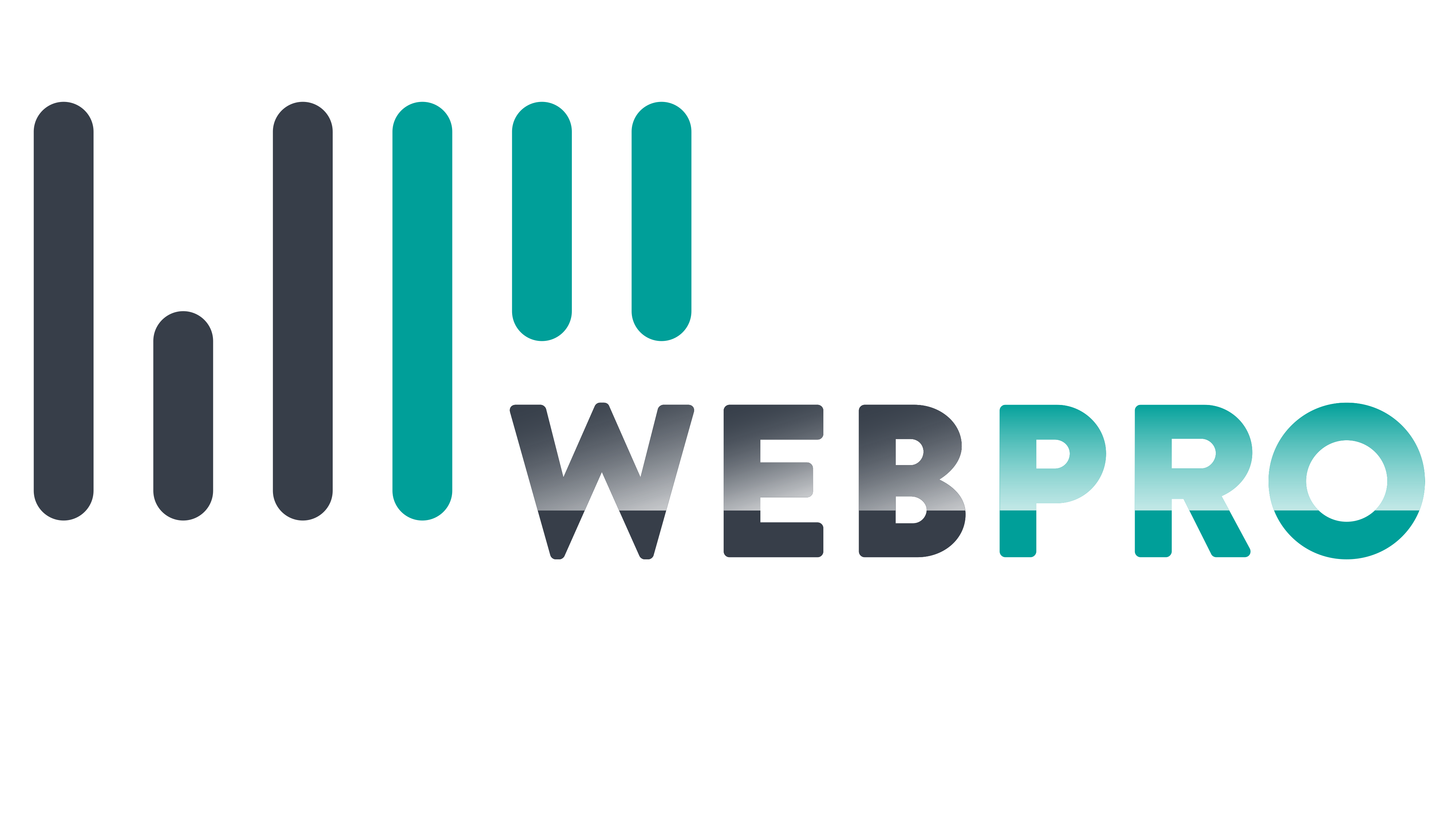Educational institutions used to be relatively autonomous. Parents rarely checked on teachers, assuming they knew what their students needed to learn. However, the digital revolution has irrevocably changed things. Today, your education website needs to provide a wide range of information, enough to keep current and prospective parents happy and up to date on all matters relating to their child’s schooling.
Your website is the first port of call for most parents and students, so it needs to work hard to make the right impression and to be constantly updated with pertinent information. Your education website is the place to share your brand, tell others about your values and the vision you have for your institution and provide an effective way to communicate with all interested parties. If it’s not already doing this, you need to review the sort of content you’re publishing.
Compliance first
WEBPRO is committed to ensuring your website complies with all relevant education legislation. Our team stays abreast of all the latest Ofsted and Department for Education regulations and will ensure your site is fully compliant. The government’s education departments expect to see clear contact details and you should also include the name of a staff member designated to deal with queries from parents and the public.
It’s also expected that you display your admissions and uniform policy, along with your recent exam results and Ofsted reports. These can help parents and potential students determine if your facility suits their needs. It can also be helpful to disclose any remote learning provisions as you never know when they may be needed again.
Alongside this information, you’ll need to post your complaints procedure, display your opening hours, the curriculum you follow and any behavioural policies. Other information recommended by Ofsted includes the governor’s names and their duties, the school’s financial information and the details of your charging and remission policies. Arguably, the most important information to include is the values and ethos of your school, college or university. All prospective students and parents should read this.
Outside of compliance requirements, there are other details that an education website should also include.
About the school
Every education website needs an ‘About’ page. It should be introduced by your head teacher, set the tone and outline the culture of the school and its values. This personalised approach can help the school appear more attractive to students and parents. This information can be a deciding factor when choosing a school.
Staff list
Your education website should have a detailed, up-to-date staff area. These pages should include information about each teacher, including their qualifications and a short bio about what got them into teaching. It’s easiest to create a staff profile for each teacher, allowing them to connect with parents and students. This approach can also help potential staff looking to join the school decide if it’s the right environment for them.
Latest news
Parents, students, and even teachers, need an area of the website where they can easily access all the latest information about the school. Your site needs a news page that is regularly updated to reflect current events, guidance and information. It ensures everyone knows which area of the site to navigate to if they are looking for something specific.
Virtual tours
An increasingly common and practical addition to any education website is a virtual tour. It helps people feel familiar with the campus before they start. It’s also particularly beneficial for people with disabilities as they can assess how easily they can access all the relevant facilities.





